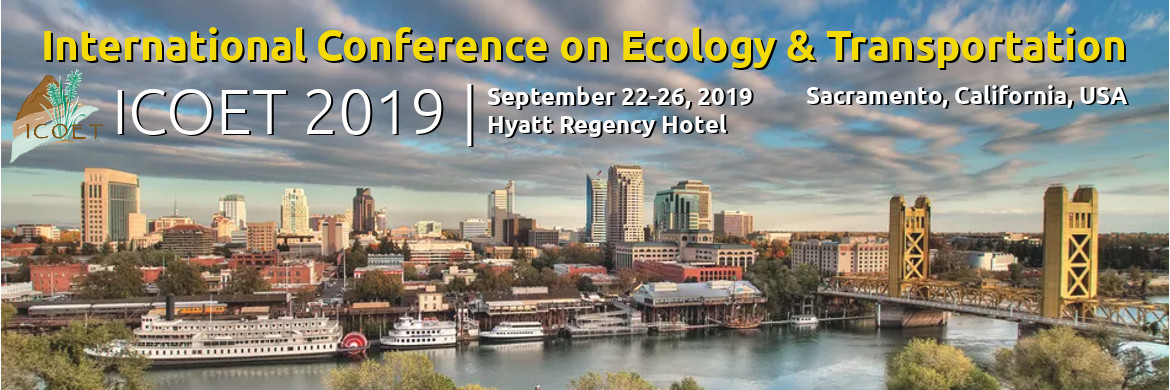One of the most environmental challenges the world is facing is water scarcity and polluted water resources. Lakes, rivers and different watersheds are being constantly contaminated. Stormwater runoff contributes significantly to ground water pollution. Stormwater runoff transfers organic and nonorganic pollutants from impervious surfaces like roads, highways, parks to watersheds. The presence of Heavy metals such as Cd, Cu, Pb, Ni, Cr, and Zn is significantly high in urban-runoff due to vehicles exhaust, road asphalt, fuel combustion, parking dust and other pollutants, and eventually that will contaminate both the surface and subsurface water sources. The need to design a highly efficient filtration system that not only manage stormwater runoff but also treat and remove contaminants effectively to safely rechange our lakes and rivers. The designed media developed in our filtration system will consist of BIOCHAR which delivers multiple criteria. An efficient removal of wide rang of contaminants, to be economical and easy to access, and it helps carbon sequestration which potentially will help mitigate climate change, a technique to recycle chickens' manure. Biochar is a carbonaceous porous coproduct of waste biomass pyrolysis which is a thermal decomposition of materials at elevated temperatures with limited oxygen presence, it can adsorb pollutants, improve water-retention capacity of soil, retain and slowly release nutrients for plant uptake, and help sustain microbiota in soil and plants atop; all these attributes could help improve removal of contaminants in stormwater treatment systems.
